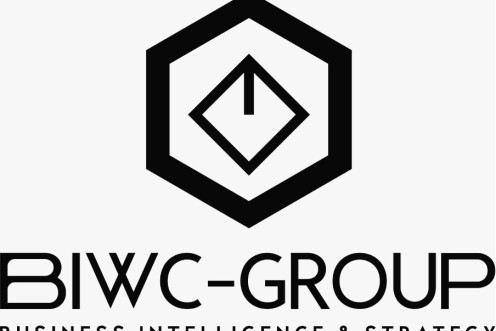The elegant 74-year-old Russian put her hand on her heart as the verdict fell.
French-speaking King Charles III, who is hosting President Emmanuel Macron for a state visit starting on Tuesday, professes a long-standing love of France, describing it as "an essential part" of his life.
In the heart of Data Center Alley -- a patch of suburban Washington where much of the world's internet traffic flows -- Visa operates its global fraud command center.
President Donald Trump on Sunday slammed former ally Elon Musk's launching of a new political party as "ridiculous," after the tech billionaire who once backed the Republican said he wanted to challenge the United States' "one-party system."
In the West Bank city of Tulkarem, the landscape has been transformed after Israeli army bulldozers ploughed through its two refugee camps in what the military called a hunt for Palestinian militants.
In 2019, American musician Jon Dee Graham suffered a heart attack that left him "dead" for several minutes -- a scare that inspired his album, "Only Dead For a Little While."
With a drizzle falling on Camp Mystic, the flood-ravaged Christian summer camp on the Guadalupe River in Texas, a father navigated the debris in search of his eight-year-old daughter.
Liverpool and Portugal forward Diogo Jota and his brother were laid to rest on Saturday in their hometown, just days after the pair died in a car crash that shocked the football world.
Thousands of local tourists poured into China's first-ever Legoland as it opened its gates in Shanghai on Saturday, the latest theme park hoping to capitalise on a domestic tourism boom.
The Dalai Lama said Saturday he dreamed of living for decades more, as the Buddhist spiritual leader prayed with thousands of exiled Tibetans on the eve of his 90th birthday.
Saudi Arabia, Russia and six other key members of the OPEC+ alliance will discuss crude production on Saturday, with analysts expecting the latest in a series of output hikes for August.
Incantations ring out at Mongolia's largest monastery as worshippers pray alongside pictures of the Dalai Lama, whose 90th birthday on Sunday has raised fresh questions about the future of the 600-year-old Tibetan spiritual institution.
Birmingham braced Saturday for wildman rocker Ozzy Osbourne's final ever gig as Black Sabbath's frontman, with thousands flocking to his UK hometown for a celebration of the heavy metal genre he helped to create.
According to Vlad Skots, the next version will include AI-powered dispatching and predictive load planning—reducing empty miles, cutting idle time, and helping fleets plan smarter.
Agamise Cheranfant hides as soon as he finishes his work at a banana plantation in the Dominican Republic.
Flite's internal ethos is clear: obsess over user experience, stay fast on execution, and don't build in isolation.
FixAsphalt.com protects your pavement investment with expert advice, honest service, and AI-powered assessments built on 20+ years of trusted experience.
Stock markets mostly fell alongside a retreating dollar Friday as international tensions over tariffs dominated sentiment.







































